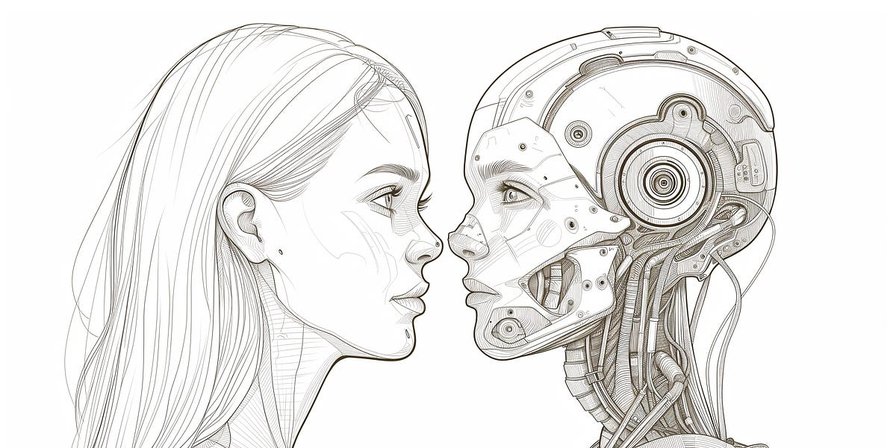What AI Can and Cannot Do for UX (2024)

my notes ( ? )
What AI Can Do
Before turning to the limits of AI, let’s first look at what AI is capable of:
- AI is more creative than most humans, meaning that ideation is free when using AI. Need more ideas? Just ask, and AI will make 10 more in a few seconds. This is obviously good for design, but it’s also good for user research. Need ideas for test tasks? Just one of the many things AI can do. (Just remember to curate the ideas and iterate on the details, because you shouldn’t expect current AI to be perfect. The best results come from human-AI symbiosis.)
- AI is more productive than humans, especially at grunt work. Use it to read through voluminous user feedback to identify themes and pick out the pins in the haystack that deserve UX attention. Turn qual into quant data. (See case study of how GE does this to track and improve the usability of internal systems.) If you have enough data, it’s in the noise if IA misclassifies a few entries, as it’s vaunt to do.
- AI creates content at scale — quickly too — for anything from illustrations for UI prototypes or UX deliverables to draft copy for your website mockups before user testing. No more testing (or showing to clients) with “lorem ipsum” instead of realistic content. By the same token, AI also expedites the writing of the final copy, but continue to heed my advice for human editing before publishing.
- AI analyzes content at scale, making content strategy measurable and allowing you to manage formerly fuzzy concepts such as tone of voice and readability levels (a core accessibility concern).
- AI is tireless and doesn’t suffer from blank page syndrome. Let it type out the first draft of virtually any of the endless documents and deliverables in the UX process, including usability test plans, recruiting screeners, and test tasks. (Always remember to check and edit. But you get the first draft in seconds instead of hours!) It’s always easier to edit than to create from scratch.
- AI is a better coder than you. (Unless you’re an expert developer, but if you’re a typical UX professional, AI is indeed the better coder.) It can write code for anything from design prototypes to statistical analyses in R. Even if you prefer to do your own programming, using AI as an assistant (or “copilot” as GitHub calls it) more than doubles programmer productivity.
- AI is not you: it’s a free colleague, if a junior one. Two heads are better than one, even if one head is artificial. Exactly because AI is not you, it’ll give you something different, whether in ideation or when providing a free crit of your work.
- AI can be the UI. We don’t have many examples of this yet (except for the low-usability AI platforms), but AI can be a design medium, in addition to a design helper. Even if AI doesn’t infuse the entire UI, it can contribute a component, such as a recommendation engine.
This is what current AI can do. Since Jakob’s 1st Law of AI states that, “today’s AI is the worst we'll ever have,” we should expect future generations of AI to do better.
What AI Will Never Do
Quite likely, many things that current AI can’t do will become possible in the future. However, some things will not become possible, no matter how much AI improves, simply because they are impossible by nature. This also means that no humans can do it — even the very best of our 8B+ people can’t, and they never will.
Refer back to my image at the beginning of this article: User research involves 3 parties:
- The user (who should be representative of your customers)
- The facilitator (who can be human or AI)
- The design being tested (can be operational or a prototype)
The only one of these who has to be human is number 1, the representative customer. User research without users is an impossibility.
Read the Full Post
The above notes were curated from the full post jakobnielsenphd.substack.com/p/ai-can-cannot-do-ux.Related reading
More Stuff I Like
More Stuff tagged artificial intelligence , user experience research , ux , ux research , user experience , ai , ux design
See also: UX , AI, chatGPT, LLM